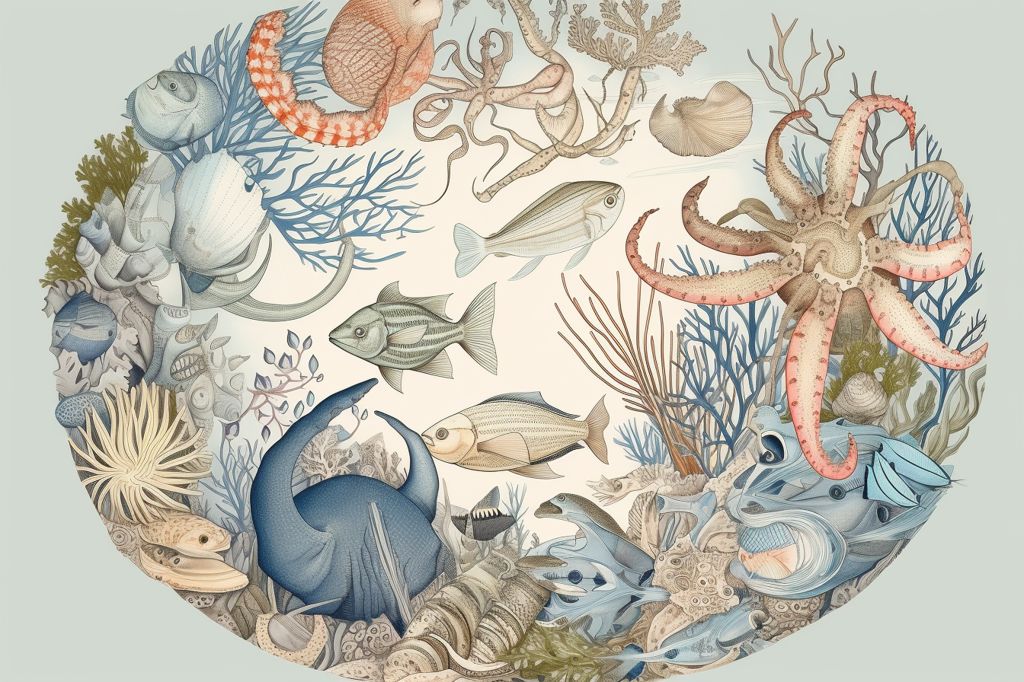The Earth’s oceans are facing significant threats due to human activities, such as pollution, mining, and overfishing. To address these challenges and increase awareness about the importance of ocean health and its impact on all life forms, a theatre production in South Africa called Lalela uLwandle (Listen to the Sea) has been developed by the Empatheatre group.
Origins of Lalela uLwandle
Lalela uLwandle was born out of a public consultation meeting between community representatives from small coastal towns and the Petroleum Association of South Africa. The participants expressed their dissatisfaction with the environmental impact assessment for permits to drill for oil and gas along the coastline, feeling that they had not been adequately consulted. This led researchers from Rhodes University and Durban University of Technology to initiate the Lalela project.
Understanding the Relationship Between People and the Ocean
The researchers interviewed a diverse range of individuals, including small-scale fishers, marine scientists, activists, church followers, aquarium educators, and traditional healers. They delved into the symbolic, scientific, and spiritual aspects of humans’ relationship with the oceans and how people in and around the coastal city of Durban understand their relationship with the ocean and the various meanings it holds for them.
Weaving Together Stories About the Ocean
The stories and memories collected during the interviews were woven together by Empatheatre, a collective that uses research-based theatre to address social justice issues. The resulting play, Lalela uLwandle, features three characters: a marine educator with a spiritual family background, a young environmental activist, and a retired marine biologist.
Touring to Increase Awareness
The play has toured six small towns on the KwaZulu-Natal coast and had a week-long run in Durban, with audiences including government officials, civil society members, scientists, and conservationists. After each performance, a facilitated discussion takes place, inviting audience members to reflect on their collective responsibility in the face of ocean degradation and consider how past and present injustices should shape ocean governance.
Power of Cultural Connections
Lalela uLwandle demonstrates the power of cultural connections in contributing to conservation and environmental efforts. By telling diverse stories of power and vulnerability, the play invites an alternative conversation in which culture, science, and conservation can find strategic alignment if people learn to listen to each other carefully.
Achieving Equitable Collective Decision-Making
To achieve equitable collective decision-making, the play suggests that we must find translation devices between scientific, conservation, cultural, and spiritual perspectives, working together to protect the oceans that sustain us all.
Global Recognition
In addition to its local impact, Lalela uLwandle has gained global recognition, with a performance at the United Nations in New York during World Oceans Week in June. Lead actress and co-director of Empatheatre, Mpume Mthombeni, also delivered a speech at the UN Headquarters on World Oceans Day.
The Lalela uLwandle theatre production is a powerful reminder that, in order to address the pressing issues facing our oceans, we must listen to one another and work collectively across cultural, scientific, and environmental divides. Through the use of storytelling and facilitated discussions, the play highlights the importance of ocean health and encourages us to take action to protect it.








